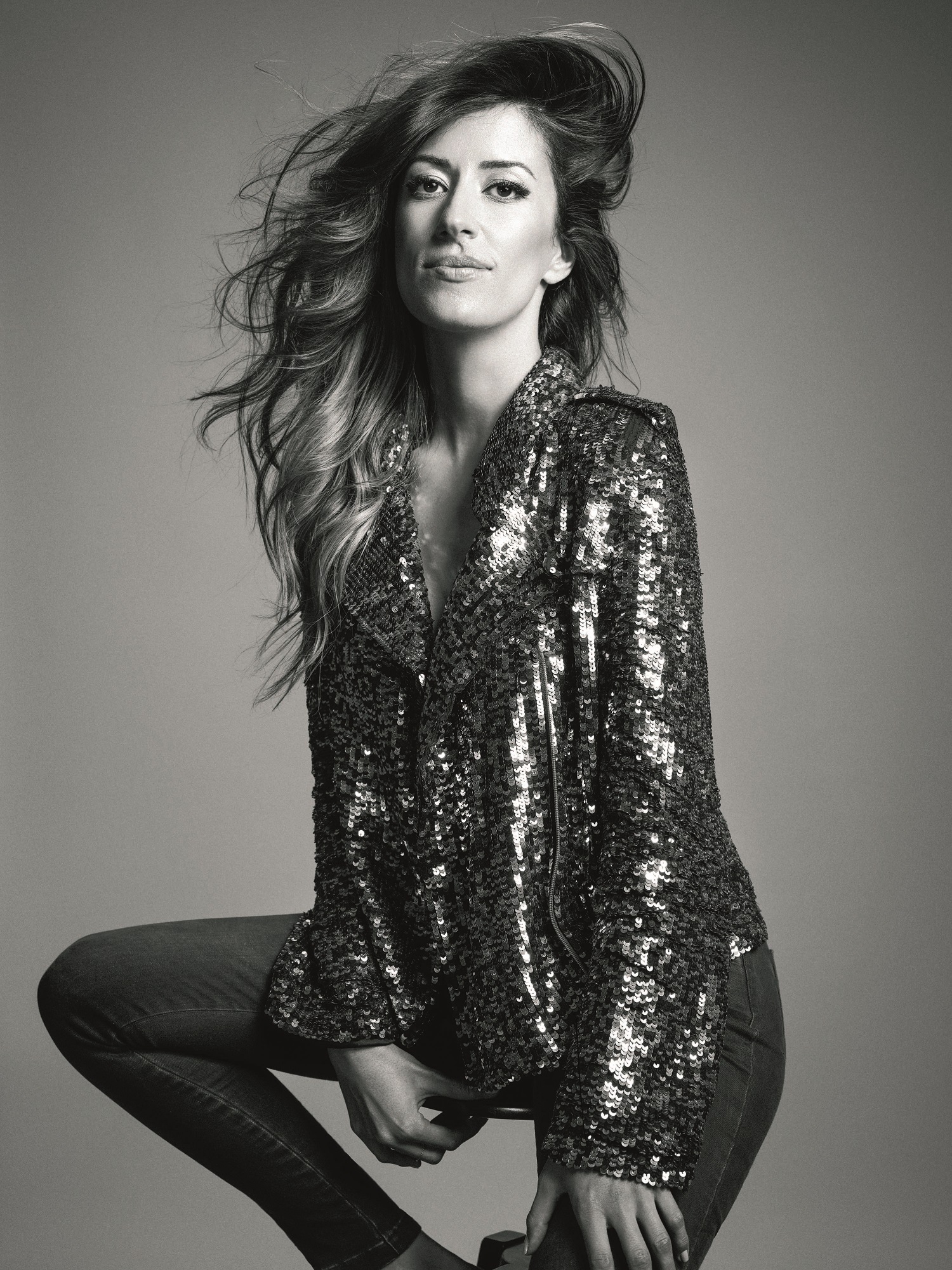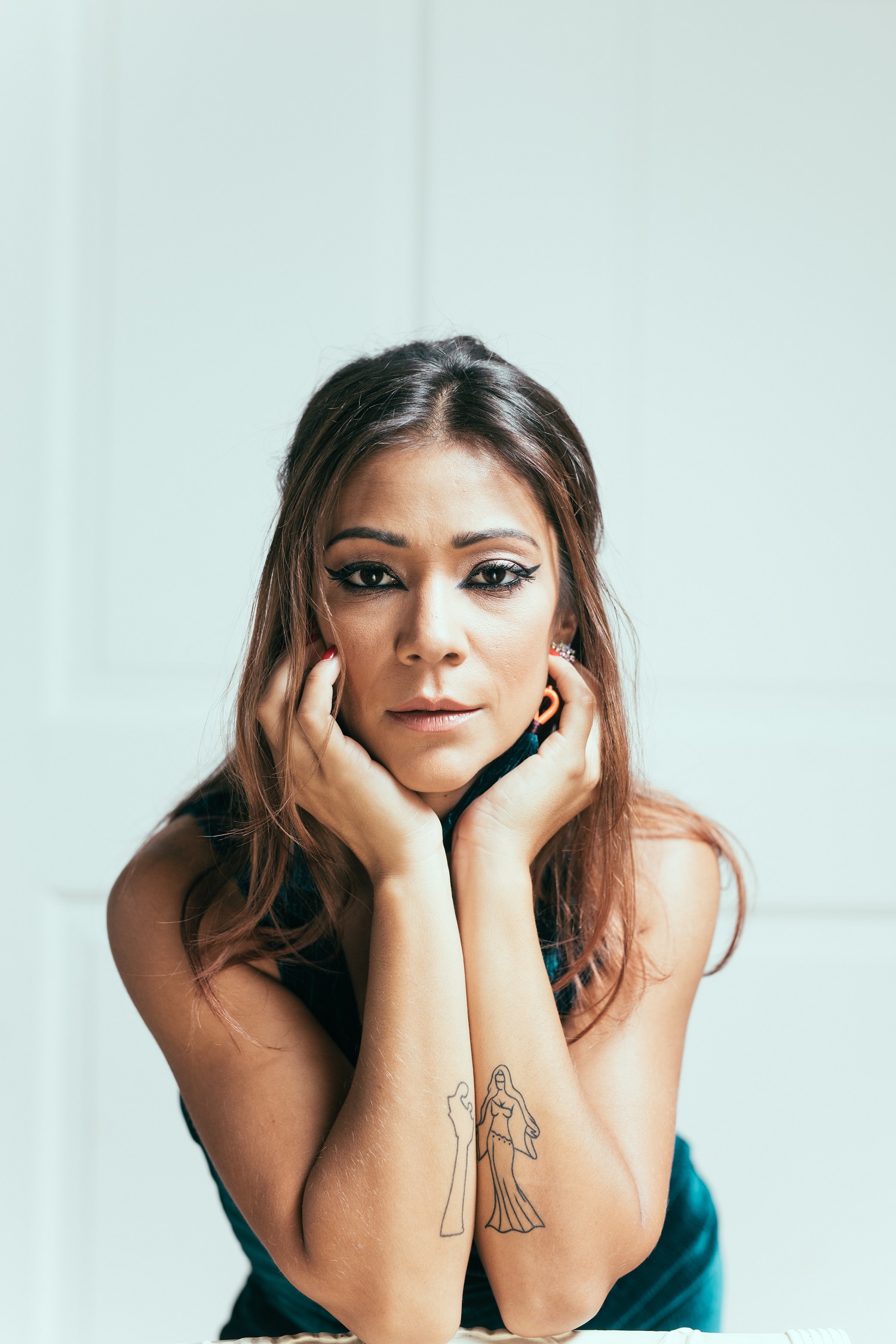Fado at the Castle
Date
14 June, 2019
Hours
22h
Until
15 June, 2019
Ends
22h
Prices
Free entrance, subject to the capacity limit. Tickets must be collected on the day of the show, at the ticket office at Castelo de São Jorge or at the Fado Museum, starting at 8 pm. Each person can collect up to a maximum of 2 tickets. Age rating: m / 6
Fado at the Castle
Castelo de S. Jorge
June 14th and 15th . 10pm
Program included in the Festas de Lisboa, curated by the Fado Museum.
More information at www.culturanarua.pt
The 2019 edition of Fado no Castelo brings two unmissable concerts in one of the most emblematic national monuments: the Castelo de São Jorge. This year, Ana Moura and Raquel Tavares, two of the most recognized fadistas today and with great international projection, accepted the challenge of adding their voices to the sounds of choirs. On June 14, Ana Moura crosses her fado with the choir Sopa de Pedra. The next night, it's Raquel Tavares' turn to paint her music with the warm sounds of Gospel Collective.
June 14th
Ana Moura & Sopa de Pedra

© Frederico Martins
Ana Moura has a voice that strolls through tradition freely, while still flirting elegantly with pop music. But what distinguishes her is not just a deep and sensual tone; the singer has the ability to instantly transform any melody that touches her voice into fado. It is an immediate fuse, an emotional explosion fired without contemplation into the heart of the listener.
Her album Desfado (2012) is the best selling album of the last decade in Portugal, having taken the fadista on tour for more than three years. In 2015, Ana Moura launches Moura and fills the most emblematic rooms in the world, such as Olympia (Paris), Barbican Center (London), Carnegie Hall (New York) or Sydney Opera House (Sydney). In 2017, with a 15-year career, she released a best of. More than an international fado singer, Ana Moura is today a true global star, having already shared the stage with music legends like Prince, The Rolling Stones, Caetano Veloso, U2 or Benjamin Clementine. We know that Ana Moura's singing was born in fado, but we will never know where it ends and what the future holds.
Sopa de Pedra is a group dedicated to a cappella singing of songs with traditional roots that emerged in Porto in 2012, thanks to ten young people from various musical and artistic backgrounds. Lending artistic rigor to traditional Portuguese music, they seek to enliven its freshness through new harmonizations and polyphonic arrangements that explore its complexity, richness and depth. So, they want to keep it alive and interesting for the new generations.
June 15th
Raquel Tavares and Gospel Collective

It is no accident that Raquel Tavares is one of the most important and consistent voices in contemporary fado. Fado is inseparable from her life and it was fado that accompanied her when, as a girl, she dared to step on stage and win, at the age of 12, a Great Night of Fado (the first of 14 victories). It is Fado that makes her collect prizes since her debut in 2006. In “Raquel”, her latest work, she brings together some of the most important portuguese-speaking composers, such as Caetano Veloso, Mallu Magalhães, António Zambujo or Miguel Araújo to compelling names in the history of fado, such as Alfredo Marceneiro or Pedro Homem de Mello. And even when Raquel receives the company of singers like Carlão or Rui Veloso, it is always fado that persists. Because fado is part of Raquel Tavares' DNA. This is what distinguishes her. This is what makes it possible to cross it with other influences and styles, without ever losing its matrix.
The Gospel Collective brings together experienced singers from areas as diverse as jazz, soul, rock, afrobeat, hip-hop or funk who have in common the faith in God, a passion for black spiritual music and the desire, through sung prayer, to provide a memorable show. Born in late 2010 in Lisbon, this ecumenical formation of more than 20 voices, includes elements of different nationalities (Mozambicans, Guineans, Cape Verdeans, Angolans, São Toméans, Portuguese and Belgians). Singing in Portuguese and English, the collective's repertoire will drink from the North American gospel repertoire in its different sounds, from the black spirituals to the traditional songbook, also going through soul and urban gospel.
Co-production: Castelo de São Jorge and Museu do Fado